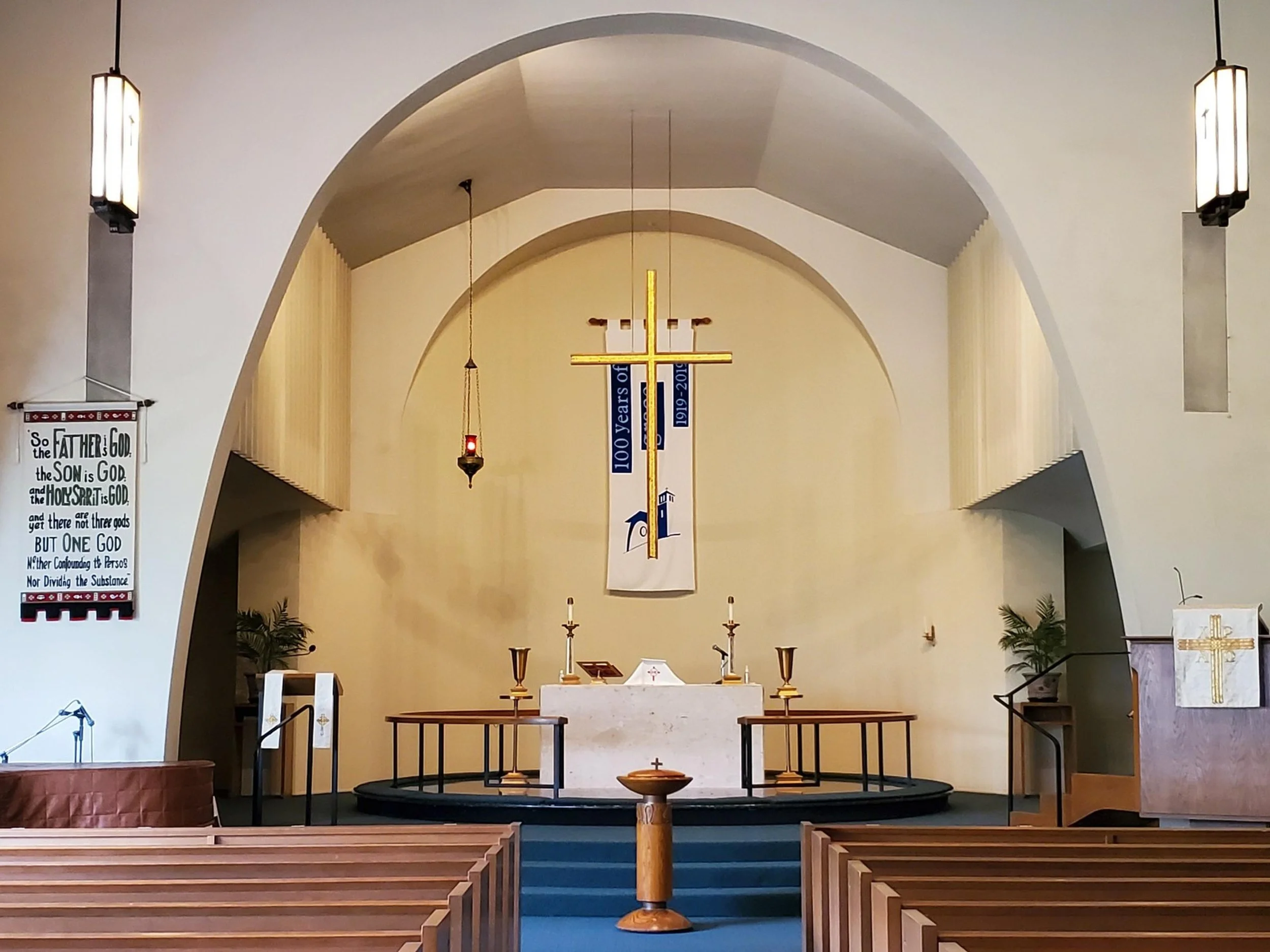
Hill Avenue
Grace
Lutheran Church
Welcome! Our mission is rooted in Jesus’ command to love one another. There’s a place for you here!
"For where two or three gather in my name, there am I with them."
Matthew 18:20
Gather with us on Sunday mornings at 10 AM for a time of uplifting worship, heartfelt community, and spiritual renewal. Our services blend meaningful liturgy, inspiring messages, and shared communion, creating a space where all are welcome to encounter God’s presence. Children are invited to engage through a special sermon and children’s church, fostering faith from a young age. After worship, stay for coffee on the patio and connect with others in fellowship. Whether you're joining in person or online, we invite you to be part of our church family.
Worship
Join us at 10 AM for a service rooted in the Lutheran tradition, following a structured liturgy. Worship includes scripture, confession, hymns, and a message of faith and hope. Here, you’ll find a welcoming community.
Communion
Christ’s table is open to all. We celebrate Holy Communion each week, offering bread and wine as a sign of God’s grace, love, and presence. No matter your journey, you are welcome here.
Music
Music is central to our worship. As St. Augustine once said, "He who sings, prays twice." The Chancel Choir, organ, and instrumentalists lead us in meaningful and joyful hymns and liturgy.
Stephen Ministry in Our Congregation
A powerful expression of compassion within our church community, Stephen Ministry equips trained laypeople to provide confidential, one-to-one Christian care to individuals facing life’s difficulties.
Stephen Ministry is based on the belief that no one should face life’s struggles alone. Trained laypeople from our congregation provide confidential, Christ-centered care to those experiencing grief, illness, or other challenges. Meeting weekly, Stephen Ministers offer prayerful support and encouragement for as long as needed. This ministry extends the reach of pastoral care, reminding us through its logo that while we are all broken, healing is found in Jesus.



